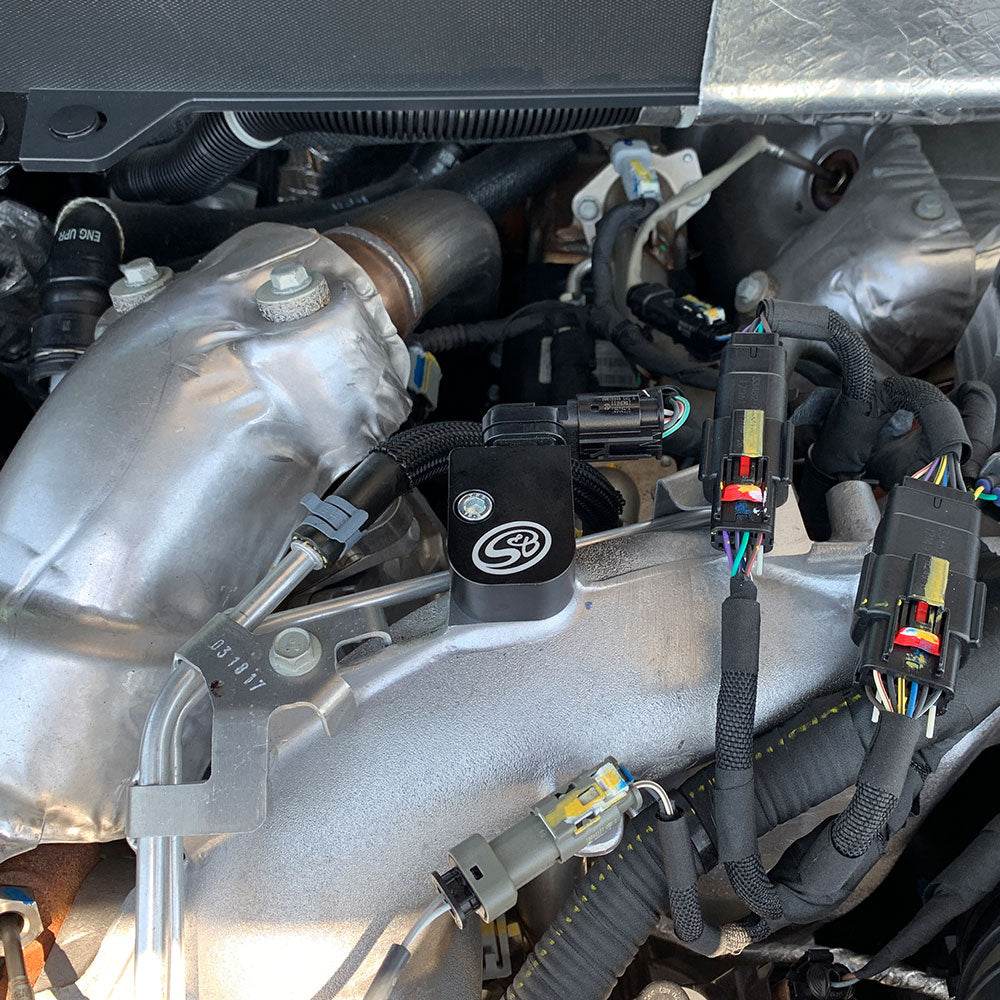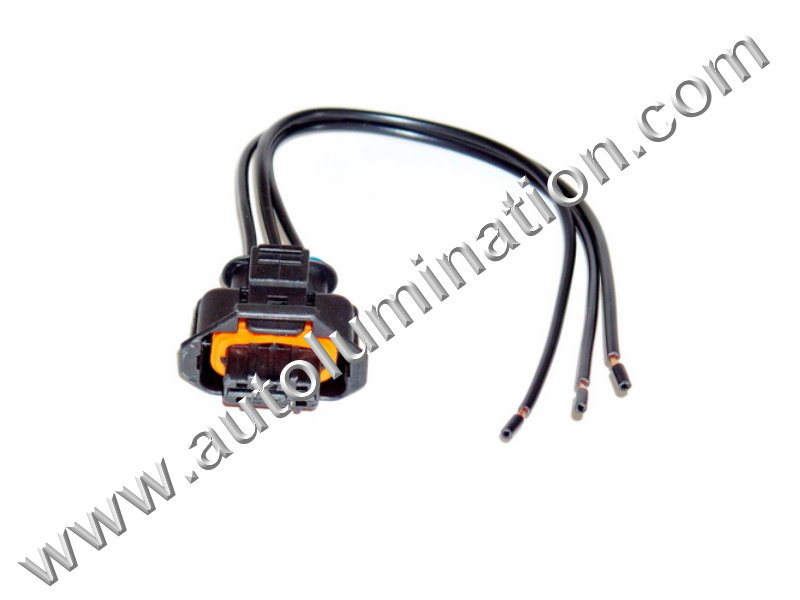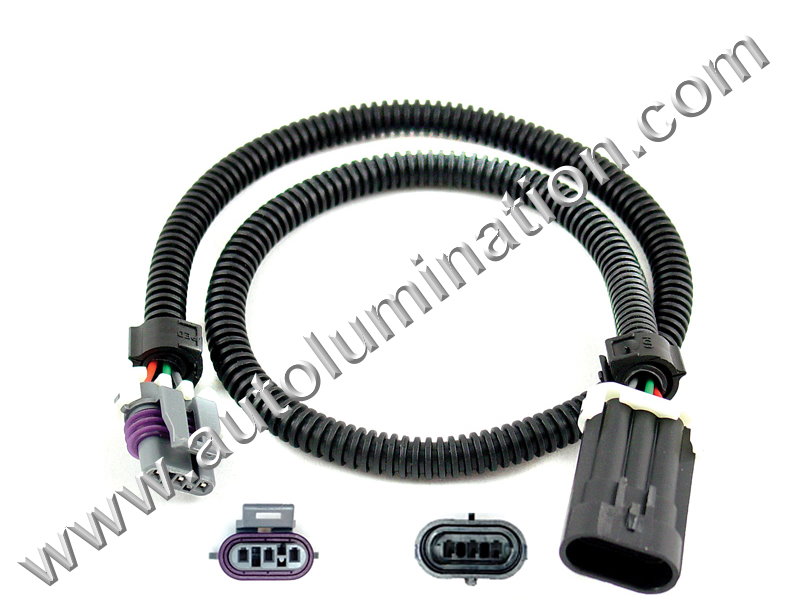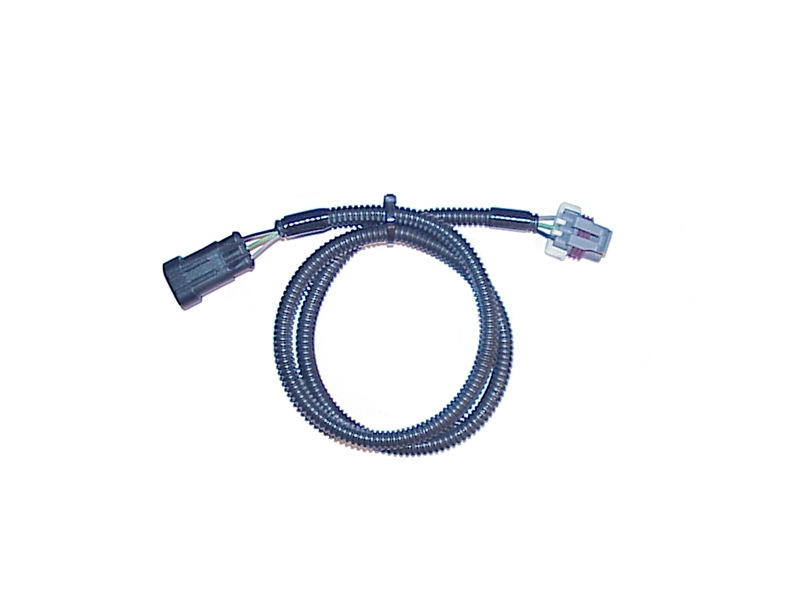The Essential Role of Map Sensor Extension Harnesses in Automotive Systems
Related Articles: The Essential Role of Map Sensor Extension Harnesses in Automotive Systems
Introduction
With enthusiasm, let’s navigate through the intriguing topic related to The Essential Role of Map Sensor Extension Harnesses in Automotive Systems. Let’s weave interesting information and offer fresh perspectives to the readers.
Table of Content
- 1 Related Articles: The Essential Role of Map Sensor Extension Harnesses in Automotive Systems
- 2 Introduction
- 3 The Essential Role of Map Sensor Extension Harnesses in Automotive Systems
- 3.1 Understanding the Map Sensor and its Function
- 3.2 The Significance of Extension Harnesses in Automotive Systems
- 3.3 FAQs Regarding Map Sensor Extension Harnesses
- 3.4 Tips for Using Map Sensor Extension Harnesses
- 3.5 Conclusion
- 4 Closure
The Essential Role of Map Sensor Extension Harnesses in Automotive Systems

The intricate network of sensors and actuators within a modern vehicle relies on a precise and reliable flow of electrical signals. One crucial component in this network is the Map (Manifold Absolute Pressure) sensor, which plays a vital role in regulating engine performance. To ensure optimal communication between the Map sensor and the vehicle’s Electronic Control Unit (ECU), extension harnesses are employed. These specialized cables serve as intermediaries, extending the reach of the Map sensor’s signal to the ECU, while maintaining signal integrity and safeguarding against potential interference.
Understanding the Map Sensor and its Function
The Map sensor, typically located on the intake manifold, measures the absolute pressure within the engine’s intake manifold. This pressure reading, combined with other sensor inputs such as airflow and engine speed, provides the ECU with critical information about engine load and operating conditions. The ECU then uses this data to precisely control fuel injection, ignition timing, and other parameters, optimizing engine performance, fuel efficiency, and emissions.
The Significance of Extension Harnesses in Automotive Systems
While the Map sensor is essential, its physical location can sometimes pose challenges. The sensor may be mounted in a tight or inaccessible space, making direct connection to the ECU wiring harness difficult or impossible. This is where extension harnesses step in, providing a crucial solution.
Here are some key benefits of utilizing Map sensor extension harnesses:
- Enhanced Accessibility: Extension harnesses allow for flexible placement of the Map sensor, even in tight or inconvenient locations, simplifying installation and maintenance.
- Improved Signal Integrity: High-quality extension harnesses are designed to minimize signal loss and interference, ensuring accurate and reliable data transmission between the Map sensor and the ECU.
- Reduced Wiring Complexity: Extension harnesses can simplify the overall wiring layout by eliminating the need for long, complex wiring runs, contributing to a cleaner and more organized engine bay.
- Customization and Flexibility: Extension harnesses can be tailored to specific vehicle models and configurations, allowing for easy integration and compatibility.
Beyond these core benefits, Map sensor extension harnesses can also:
- Facilitate Repairs and Upgrades: Extension harnesses provide a convenient point of access for troubleshooting and repairing the Map sensor or its wiring, simplifying maintenance and reducing downtime.
- Enable Modifications: Extension harnesses can be used to relocate the Map sensor to accommodate performance modifications or aftermarket components, ensuring seamless integration and optimal functionality.
FAQs Regarding Map Sensor Extension Harnesses
1. What are the common types of Map sensor extension harnesses available?
- Standard Extension Harnesses: These are typically pre-made and designed for specific vehicle applications, offering a convenient and readily available solution.
- Custom Extension Harnesses: These are tailored to specific requirements, allowing for customization of length, connector types, and other specifications.
2. How do I choose the right Map sensor extension harness for my vehicle?
- Compatibility: Ensure the harness is compatible with the specific model and year of your vehicle.
- Connector Type: The harness should have the same connector type as the Map sensor and the ECU wiring harness.
- Length: Choose a harness length that provides sufficient reach while maintaining a tidy and organized wiring setup.
3. Can I use a generic Map sensor extension harness?
- While generic harnesses may seem like a cost-effective option, using an incompatible harness can lead to signal interference, inaccurate readings, and potential damage to the Map sensor or ECU. It’s crucial to use a harness specifically designed for your vehicle.
4. How do I install a Map sensor extension harness?
- Disconnect the Battery: Always disconnect the vehicle’s battery before working on electrical components.
- Locate the Map Sensor: Identify the Map sensor on the intake manifold.
- Disconnect the Original Wiring: Carefully disconnect the wiring harness from the Map sensor.
- Connect the Extension Harness: Connect the extension harness to the Map sensor and the ECU wiring harness.
- Secure the Harness: Route the extension harness neatly and securely, avoiding sharp edges and moving parts.
- Reconnect the Battery: Reconnect the battery and test the vehicle to ensure proper operation.
5. What are the signs of a faulty Map sensor extension harness?
- Engine Performance Issues: Rough idling, hesitation during acceleration, or a decrease in fuel efficiency can indicate a problem with the Map sensor signal.
- Check Engine Light: A malfunctioning Map sensor extension harness can trigger a check engine light, indicating a fault in the engine management system.
- Electrical Problems: Loose connections or damaged wires in the extension harness can lead to electrical issues, such as intermittent engine stalling or erratic sensor readings.
Tips for Using Map Sensor Extension Harnesses
- Choose High-Quality Harnesses: Invest in high-quality extension harnesses from reputable manufacturers to ensure reliable signal transmission and longevity.
- Proper Installation: Follow the manufacturer’s instructions carefully and ensure secure connections to avoid potential problems.
- Regular Inspection: Periodically inspect the extension harness for signs of wear, damage, or loose connections.
- Professional Assistance: If you are unsure about the installation or troubleshooting of a Map sensor extension harness, consult a qualified automotive technician.
Conclusion
Map sensor extension harnesses play a vital role in optimizing engine performance and fuel efficiency by ensuring accurate and reliable communication between the Map sensor and the ECU. By understanding the importance of these harnesses, choosing the right model, and following proper installation and maintenance practices, vehicle owners can ensure optimal performance and minimize potential issues. Investing in high-quality extension harnesses and adhering to best practices will contribute to a smoother and more efficient driving experience, maximizing the capabilities of the vehicle’s engine management system.







![]()
Closure
Thus, we hope this article has provided valuable insights into The Essential Role of Map Sensor Extension Harnesses in Automotive Systems. We appreciate your attention to our article. See you in our next article!
